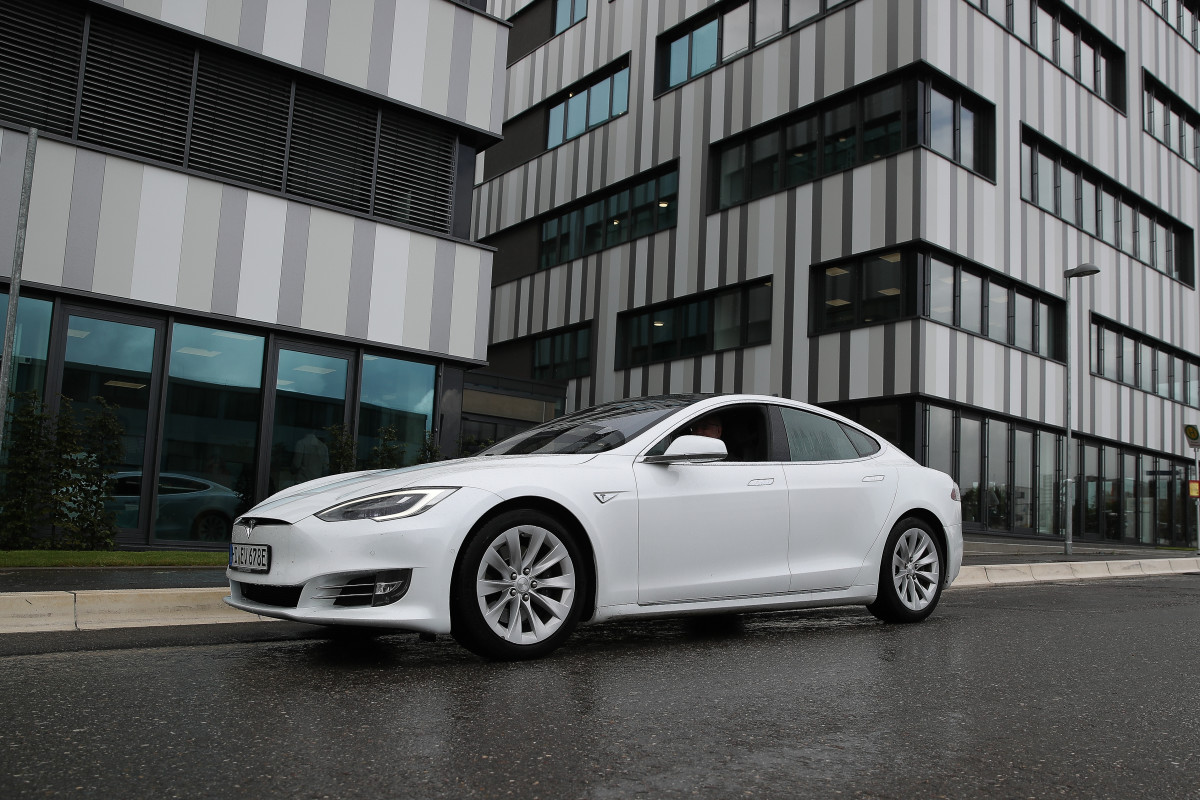
The past week has seen shares of Tesla (TSLA) -) slide hard in the wake of an earnings call and report that left investors more than disappointed. The company's stock fell 16% last week, hitting a low that Tesla hasn't been anywhere near since June.
After a meteoric first half of the year that saw Tesla's stock up well over 100%, the electric vehicle giant's stock is now up around 70%.
Related: Why Elon Musk changed his Tesla tune between the second and third quarters
What went wrong
Investors were cautious heading into Tesla's third-quarter earnings over a few specific points. The most significant point of concern for most investors and analysts centered around the price cuts Tesla has been conducting and the company's gross margins that have been falling as a result.
The other main point of concern centered around the Cybertruck, the brand-new Tesla model that has had investors and customers alike waiting years for production and deliveries to start.
Despite the earnings miss and CEO Elon Musk's ultra-cautious tone throughout the call, Gary Black, managing partner of The Future Fund, said that the 16% stock drop is really due to two factors: the price cuts and flagging long-term confidence.
"After this week no one can deny that investors are very concerned about further price cuts since volumes are not really responding to the price cuts already taken," Black wrote.
The company's gross margins fell to 17.9% for the quarter, down from its 25.1% gross margins last year.
Wedbush's Dan Ives, a long-time Tesla bull, called the earnings call a "disaster," saying that his big mistake was expecting Musk to provide clarity about future price cuts on the call. Instead of laying out a price-cut finish line, Musk left the door open for them to continue at an unknown rate, with no real end in sight. The CEO, repeatedly discussing high interest rates and monthly car payments, indicated that he thinks more price cuts are still needed.

While the margins might resemble more of a short-term dip, the earnings call succeeded in shaking many investors' long-term confidence in the stock.
Management, Black said, "failed most" by mitigating the factors that drive long-term excitement; Musk urged tremendous caution about the Cybertruck and didn't discuss greater autonomy, robotaxis, a $25,000 next-gen model or EV adoption.
Related: Elon Musk comes back at investors begging Tesla to make one major change
Where it's going
A slew of analysts, including prominent Tesla bulls, cut their price targets in response to the earnings report.
Morgan Stanley's Adam Jonas, who recently made the case for Tesla as a tech giant, cut his price target to $380 from $400.
Ives cut his price target to $310 from $350, contending that his long-term Tesla thesis remains largely unchanged but is now up against some prominent roadblocks.
And Gene Munster of Deepwater Management noted that there were "more misses than hits" in the report.
Stronger bulls, including Cathie Wood's Ark Invest, did not adjust their outlook on the stock. Ark is convinced that Tesla's major growth story will center around robotaxis; the short-term fluctuations in the EV game won't really impact success in that sector.
Ark projected in April that Tesla will be trading at $2,000 per share by 2027, an increase of multiples that is largely reliant on robotaxi fleets and robotaxi margins.
Black, who maintained his $300 price target, said that the three most important Tesla value drivers are affordability through a $25,000 next-gen vehicle, the successful rollout of Cybertruck and a massive EV education advertising campaign.
Black believes "all three initiatives will ultimately happen."
Closing Friday at $211.99, Tesla shares continued to fall in pre-market trading.
Related: Cathie Wood's super bullish Tesla stance tested after latest earnings
Get investment guidance from trusted portfolio managers without the management fees. Sign up for Action Alerts PLUS now.







